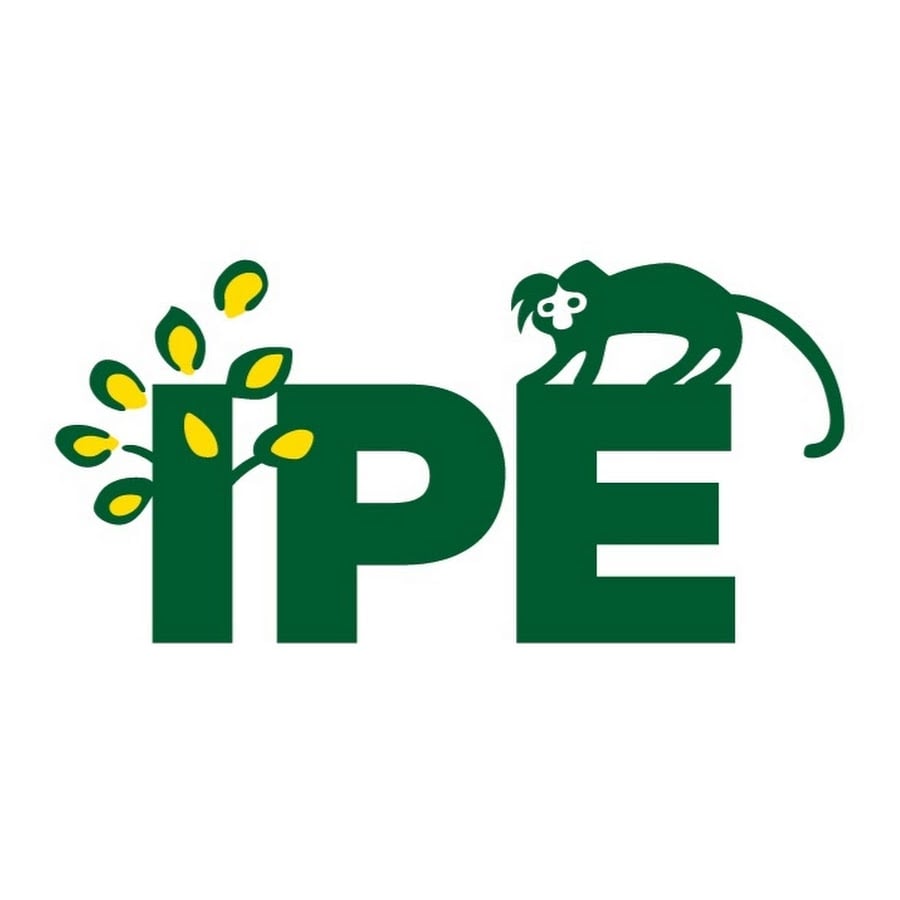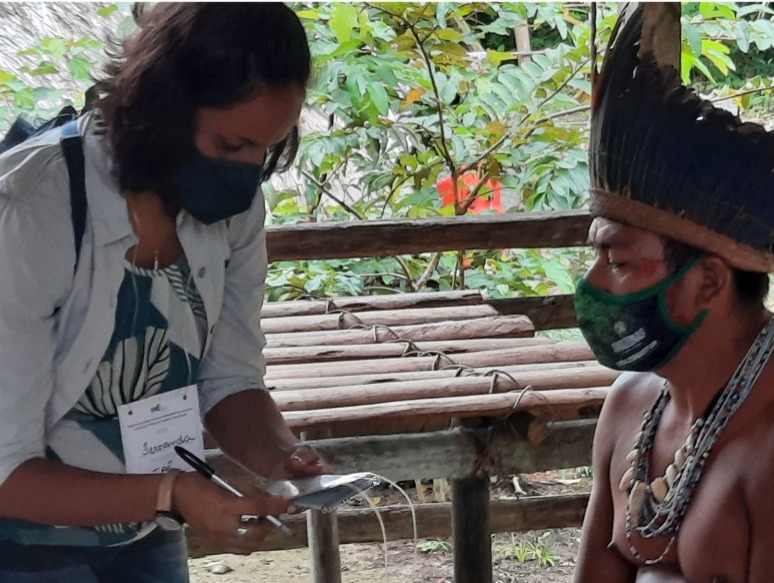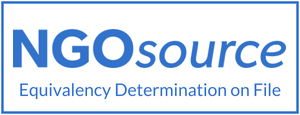::cck::1050::/cck::
::introtext::
 The Navigating Entrepreneurial Education in the Amazon project started in September of 2021, with the objective of supporting enterprises and value chains in the Puranga Conquista Sustainable Development Reserve (RDS), in the state of Amazonas. In partnership with LinkedIn, and support from LIRA/IPÊ* – (Integrated Legacy of the Amazon Region), this work aims to awaken a systematic view on the importance of the sustainable use of biodiversity, and the conservation of standing forests.
The Navigating Entrepreneurial Education in the Amazon project started in September of 2021, with the objective of supporting enterprises and value chains in the Puranga Conquista Sustainable Development Reserve (RDS), in the state of Amazonas. In partnership with LinkedIn, and support from LIRA/IPÊ* – (Integrated Legacy of the Amazon Region), this work aims to awaken a systematic view on the importance of the sustainable use of biodiversity, and the conservation of standing forests.
In September and October of 2021, IPÊ researchers extensively mapped community ventures in the 17 communities that make up the RDS, the result of which guides the project’s performance with entrepreneurs. The project is supported by Maíra I, the IPÊ school boat, donated by Grupo Martins in 2002.
In the survey, the researchers highlighted the great influence of tourism and handicraft value chains in the region as income-generating activities for local communities. These activities are associated with two other value chains, fishing and agriculture, which often appear as socio-biodiversity products sold during tourist visits.
Fishing is a subsistence enterprise for most families (106), and influences the income of 14 of the 17 communities in the RDS. Agriculture, on the other hand, is the enterprise of 105 families in 13 communities and goes beyond subsistence, as the products are sold at markets and generate income.
Handicrafts are practiced in 14 communities. Of the total of 79 families, 69 of them utilize the activity as a source of income. This enterprise is part of the local culture, and can be found everywhere from pieces of adornment to utensils for everyday activities. Tourism is the fourth most relevant enterprise in this survey: 73 families from 14 communities responded that they work in this enterprise, although only 37 families claim to have a monthly income from it.
Timber extraction, animal husbandry, collection of plant extracts, cooking, natural cosmetics, and stitchcraft also appeared as local activities, but to a lesser extent.
Challenges and Opportunities
 In the Amazon, there are countless opportunities for generating income and a high quality of life through the restructuring of economic agents, and products and services of sociobiodiversity. Currently, the logistic, technologic, organizational, and productive obstacles point towards products and services with high “transactional cost”. In other words, sociobiodiversity value chains fail both in the transit of goods and services and in their exposure to potential consumers.
In the Amazon, there are countless opportunities for generating income and a high quality of life through the restructuring of economic agents, and products and services of sociobiodiversity. Currently, the logistic, technologic, organizational, and productive obstacles point towards products and services with high “transactional cost”. In other words, sociobiodiversity value chains fail both in the transit of goods and services and in their exposure to potential consumers.
“This survey gives us an overview of the main activities where entrepreneurs are putting their efforts. All RDS communities have the potential for the development of raised value chains. With the COVID-19 pandemic, the local economy of these communities became even more fragile, making it important to take a more efficient look into mitigating negative impacts and overcoming extreme events. We now want to structure a plan so that we can support and help leverage these projects, always with a focus on socio-environmental conservation as a priority”, highlights Nailza Pereira Porto, general coordinator of the project (photo).
Tourism was one of the sectors most impacted by COVID-19, and community-based tourism was directly affected with the closure of protected areas for visitation, as a result of the pandemic. According to the survey, some of the key aspects for the development of support strategies include the challenge of marketing agricultural products, and the regularization and social organization of associations for farmers, fishermen, artisans and tourism.
“Without a doubt, handicrafts and tourism are the enterprises that are already better structured in terms of infrastructure and people trained for these activities. In other words, they are already part of a routine with a regular flow of visitors, they already offer food services, infrastructure for restaurants and inns, boat trips, jungle trails and night camps in the forest”, says Fernanda Freda, executive coordinator of the project.
IPÊ held a Biosafety Protocol Course for Enterprises and Tourist Attractions as the first event to support the enterprises, contributing to a safe return to regular activities after the reopening of the RDS for visits.
::/introtext::
::fulltext::::/fulltext::
::cck::1050::/cck::


